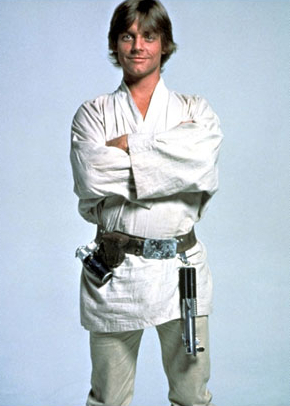It wasn’t my Star Wars

It wasn’t my Star Wars.
I didn’t feel the emotions of the rest of the crowd.
Halfway through, I found myself thinking of a book I’m writing.
I was bored.
I know, I know. You’re going to tell me about a small robot with half the charm of R2D2, and you’re going to tell me how the lead character was a girl. That interracial leads don’t happen (I saw Lethal Weapon people!)
And I just have to say. I left the theatre with no feeling for that movie at all.
In contrast, I walked into a theatre when I was a child. I read every word on the screen as it scrolled down. I remember thinking that it was a brilliant eye-catching way to capture my attention. Deep thoughts for a kid who still played with Barbie dolls.
I walked out of that theatre with an entirely new concept of storytelling. I believed the characters. Luke wasn’t just a whiny boy; he was a kid who looked sad while everyone else talked at a table because he missed his aunt and uncle. He was a kid who was scared and didn’t want to leave home. He did it anyway, not for a princess but for an old man who was a friend.
I walked out of that theatre knowing I’d watched the greatest movie ever. (and I had, I was only eleven.)
So when I went to see, well that movie.
I was excited.
I was happy.
It was my star wars.
When I walked out of that theatre, sadness tugged at my heart.
It wasn’t wasn’t my Star Wars.
When a director or a writer places a mark on a movie. His thoughts do more than go into the page, more than direct the movie, they direct the theme of the movie.
I miss the young George Lucas and despite the flaws of the last three Star Wars movies, I will always be grateful for the first three. For his thought process, his youthful excitement and his love of the unknown went into it.
So thank you, George Lucas, thank you so much for my Star Wars.





